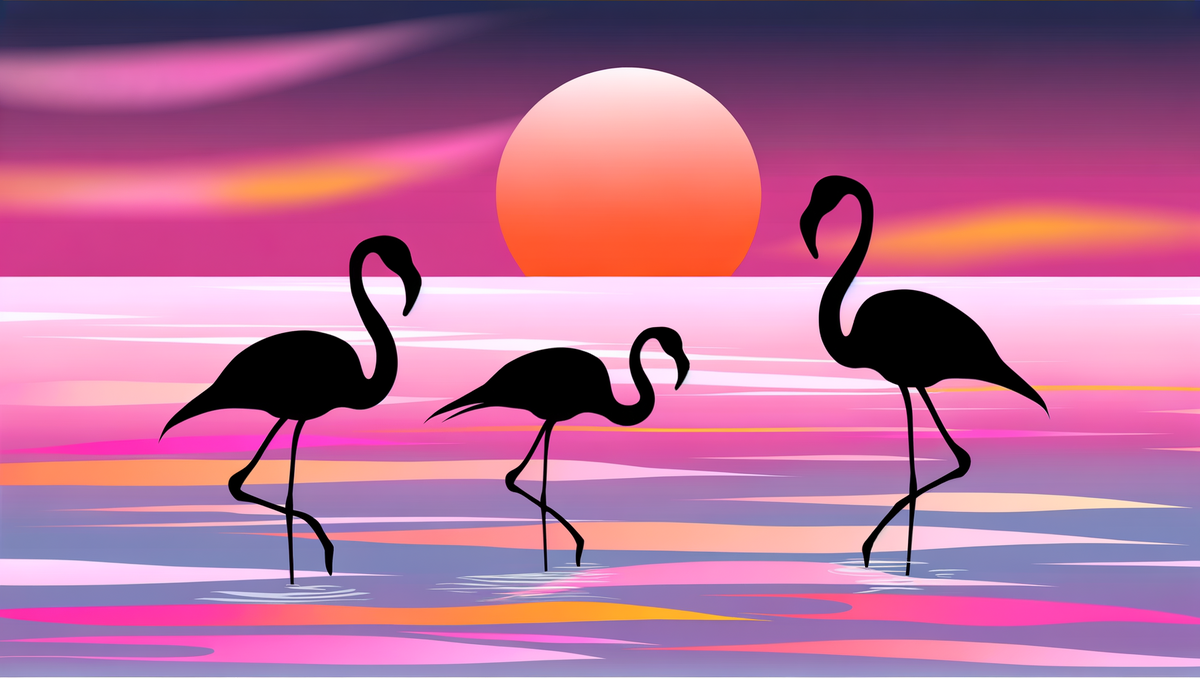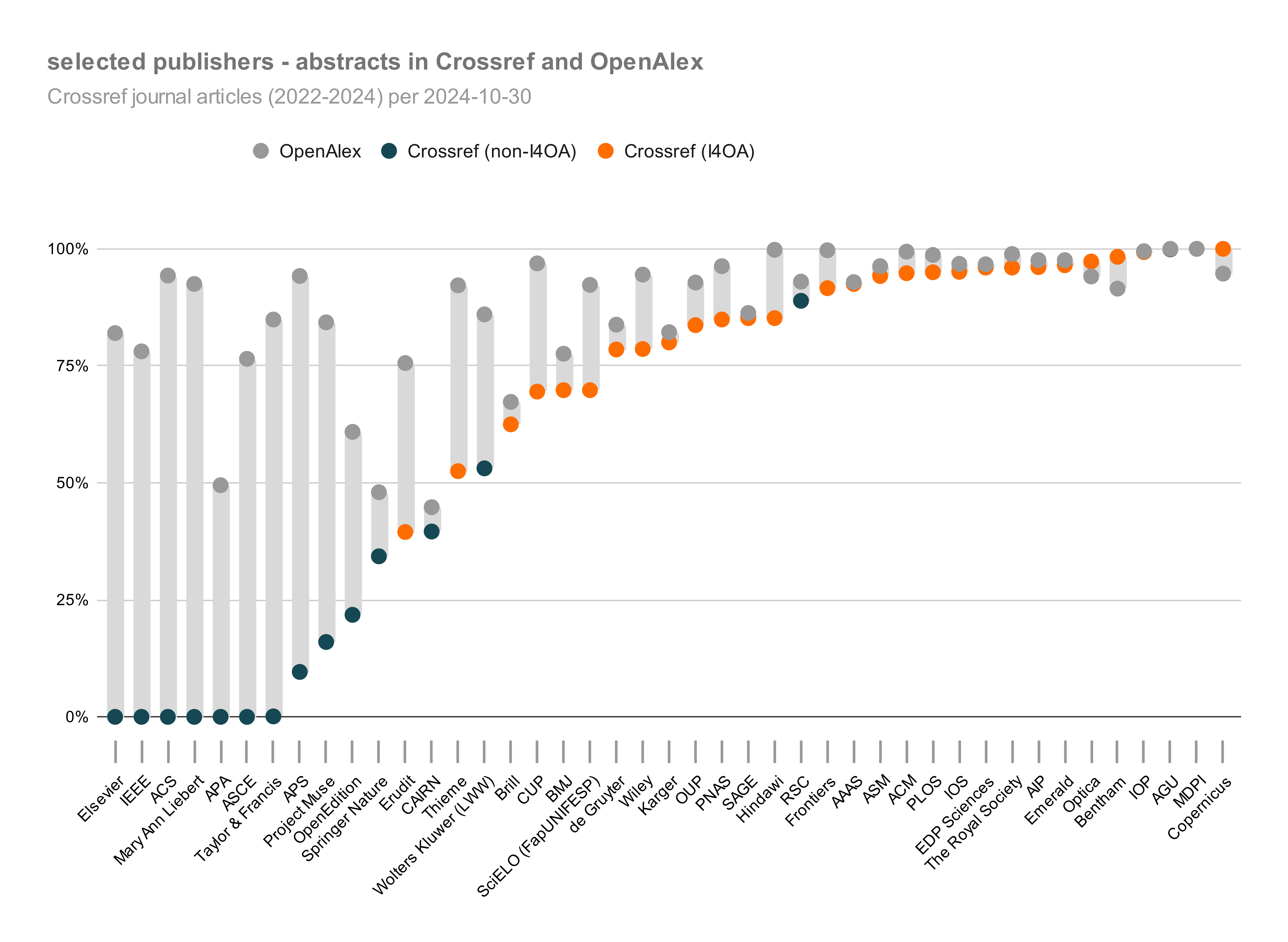Reposted from https://blog.stephenturner.us/p/tech-im-thankful-for-2024 Data science and bioinformatics tech I'm thankful for in 2024: tidyverse, RStudio, Positron, Bluesky, blogs, Quarto, bioRxiv, LLMs for code, Ollama, Seqera Containers, StackOverflow, ...It’s a short week here in the US. As I reflect on the tools that shape modern bioinformatics and data science it’s striking to see how far we’ve come in the 20 years I’ve
Messages de Rogue Scholar
It’s a short week here in the US. As I reflect on the tools that shape modern bioinformatics and data science it’s striking to see how far we’ve come in the 20 years I’ve been in this field. Today’s ecosystem is rich with tools that make our work faster, better, enjoyable, and increasingly accessible.
Compared to preprints, publishing is like waiting for your favourite band to drop a new album. Whether it takes months or years, it can feel like an eternity. Preprints are a scientific equivalent of a surprise single release – an early version of a research paper prior to peer review. Born in the 1960s in the physics domain, preprints gave researchers a way to share their work with the world in real time.
With AI and Machine learning needing data in abundance, interest in data discovery is intense. However, this type of discovery is somewhat different from more traditional data base searches, in that it is particularly suited for machine discovery as well as by humans.

The last weeks have been very busy, engaging with the DataCite community across the world. On 4 November, we hosted DataCite Connect in Livingstone, Zambia in collaboration with 27th International Symposium on Electronic Theses and Dissertations (ETD 2024). This was our first event hosted in Africa and we welcomed 60 participants from countries including Zambia, Botswana, India, South Africa, and Zimbabwe.

Witness the Remarkable Appearance of Flamingos on the Texas Gulf Coast Exciting news for bird enthusiasts and nature lovers alike – a rare and vibrant spectacle has been spotted along the Texas Gulf Coast.

Amazing Discovery: Dolphin Engages in Highly Vocal Self-Conversations Incredible Insight Into Dolphin Behavior The amazing world of dolphins never ceases to astound researchers and animal lovers alike. These intelligent creatures have long been known for their social interactions, playful demeanor, and impressive problem-solving skills.

Abstracts are increasingly important given the rise of large language models (LLM) and generative AI. While OpenAlex provides a source of open abstracts in addition to Crossref, the takedown of abstracts from OpenAlex by two major publishers points to an increased commodification of abstracts. The case for open abstracts Launched in 2020, the Initiative for Open Abstracts (I4OA) advocates and promotes the unrestricted
Apologies, this will be obvious to some, but I have seen enough so-so images on social media to convince me there are others who could post much better pictures if they took just a little bit more care. Smartphone cameras are so good these days that everyone is a photographer. But clearly, everyone isn’t a photographer.
Before we go into the learning bit, let’s just revisit what a version of record is. Wikipedia describes it as “the fully copyedited, typeset and formatted copy of a manuscript as published” (with two references). Basically, in the whole scheme of research output, it is a release.

Technology doesn’t evolve in isolation. Neither do careers. Neither do ideas. The Connected Ideas Project (TCIP) exists to explore the intersections—where emerging technology meets governance, where nonlinear careers challenge the status quo, and where speculative fiction helps us see the future before it arrives. If you’re here, it’s because you know the world isn’t built in silos. You see connections where others don’t.